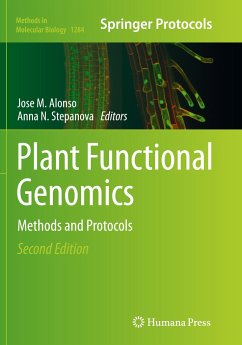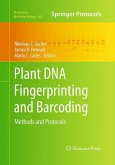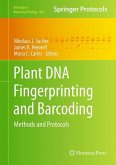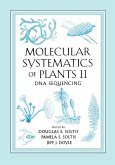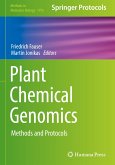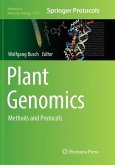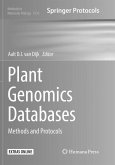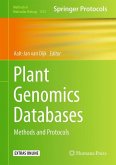This second edition volume discusses the revolutionary development of faster and less expensive DNA sequencing technologies from the past 10 years and focuses on general technologies that can be utilized by a wide array of plant biologists to address specific questions in their favorite model systems. This book is organized into five parts. Part I examines the tools and methods required for identifying epigenetic and conformational changes at the whole-genome level. Part II presents approaches used to determine key aspects of a gene's function, such as techniques used to identify and characterize gene regulatory networks. This is followed by a discussion of tools used to analyze the levels of mRNA, mRNA translation rates and metabolites. Part III features a compilation of forward and reverse genetic approaches that include recent implementation of high-throughput sequencing in classical methodologies such as QTL mapping. The final two parts explore strategies to facilitate and accelerate the generation and testing of functional DNA elements and basic computational tools used to facilitate the use of systems biology approached by a broad spectrum of plant researchers. Written in the highly successful Methods of Molecular Biology series format, chapters include introductions to their respective topics, lists of the necessary materials and reagents, step-by-step, readily reproducible laboratory protocols and key tips on troubleshooting and avoiding known pitfalls.
Practical and timely, Plant Functional Genomics: Methods and Protocols, Second Edition highlights the latest developments in DNA sequencing technologies that are likely to continue shaping the future of functional genomics.
Practical and timely, Plant Functional Genomics: Methods and Protocols, Second Edition highlights the latest developments in DNA sequencing technologies that are likely to continue shaping the future of functional genomics.

